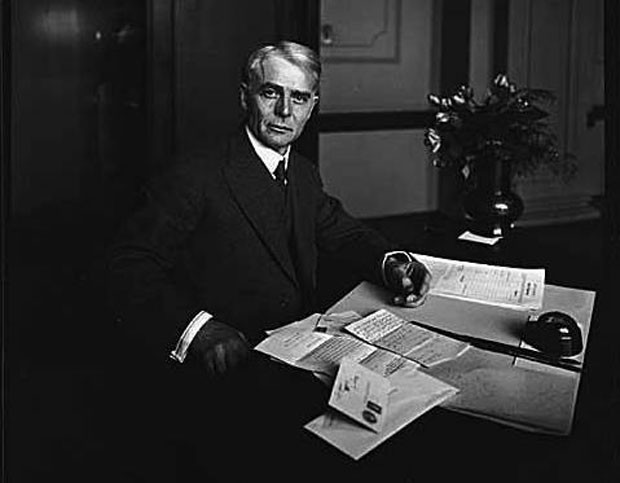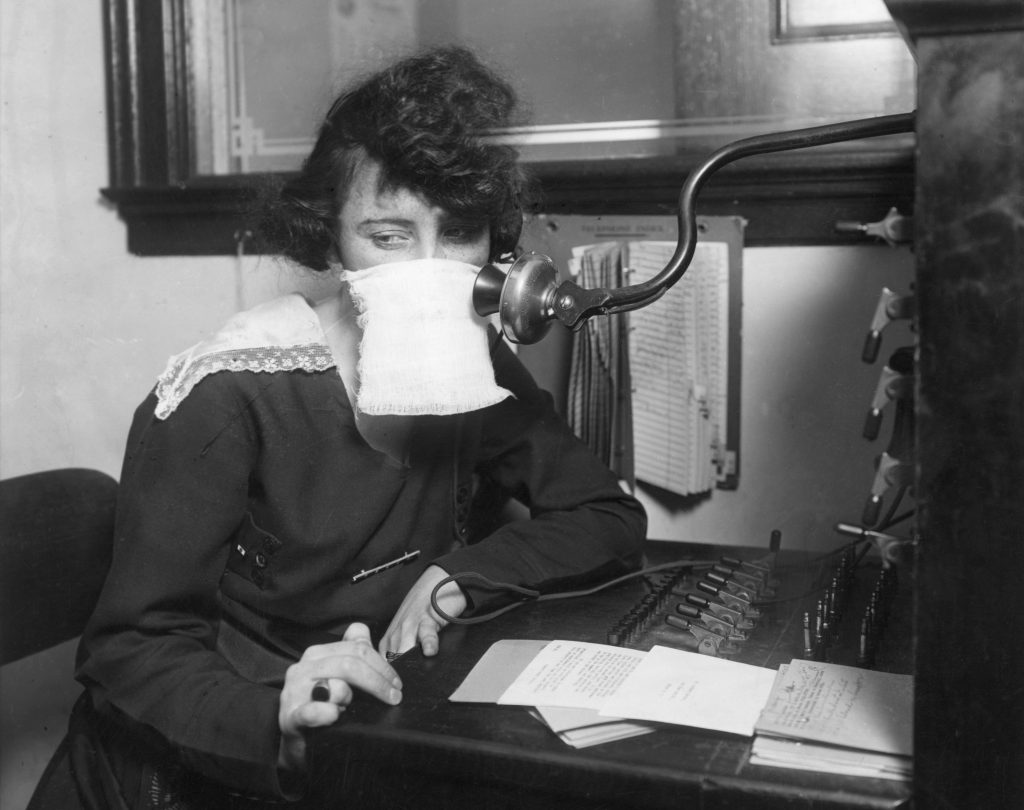
Change is a constant but not all constants change overnight. Only some surge, or plunge, to that level.
Today, on Day 28, overnight is now and lasts for a full twenty-four hours on October 5, 1918.
Overnight, a ban on all indoor public gatherings begins in Seattle, Washington. Mayor Ole Hanson declares that the only public gatherings allowed will be those held in the open air and with few people. The change equates to the slamming of a door in order to cope with influenza’s descent on the community.
Overnight, in New York City, businesses start to stagger their times of opening and closing in compliance with municipal orders. More than 150 die and 1700 new cases of influenza occur. And there’s almost certainly those that aren’t counted.
Overnight, city leaders in Charleston, South Carolina—a group that up to this moment has insisted influenza was mild at worst and an overblown rumor at least—suddenly adopt Dr. J. Mercier Green’s recommendation of quarantine. “The situation was so bad,” Dr. Mercier states, “that quarantine measures were absolutely necessary in order to stop its devastating effects and spread.”
Overnight, the total of sick in Philadelphia vaults to 75,000 with 254 dying today, while Camp Humphreys in Virginia reports 293 new patients in the post hospital, the highest number yet at the facility. Camp MacArthur in Texas sees a skyrocket-rise in new influenza cases, going from 12 yesterday to 391 today.
Overnight, the economy of Memphis, Tennessee plummets into crisis with key employment sectors hit hard with influenza. 124 of 400 street railway employees and more than 100 telephone operators fall ill with influenza and stay home from work. Residents see cross-town travel faltering and telephone calls restricted only to emergency contacts.
Overnight, Camp Grant in Illinois now counts 3,579 in the post’s hospital with 103 dying today. A horrific new issue has emerged in camp—the flood of death has breeched the ability to dispose of the dead. Corpses pile up in various spaces. $50 is paid per corpse to local undertakers who can pick up and haul away the hideous cargo. Throughout the day there are meetings where debates are held and decisions are made that revolve around one monstrous topic—how to reduce the number of corpses. It’s an experience straight from hell, straight from some level of Dante’s Inferno, straight from a world where the dead are the sole agenda of the living.
Overnight, the editors of the Baltimore Sun look for and find their explanation for the day’s tragedy of influenza: the Germans. Germans must be the masterminds of pandemic. Their genius is evil.
And tomorrow, a slice of the future, will begin tonight.

A thought for you on Day 28, April 9, 2020, twenty-eight days after President Trump declares Covid-19 a national emergency—overnight. We’ve seen this sort of change in other aspects of our lives. Everything changes in a moment, as when a life-ending disease is diagnosed, a fatal accident happens, a natural disaster strikes, or, in created environments like war, the lethal moment arrives for a soldier or a civilian. It can also take a theological form; the instant in Christianity, for instance, when a sin is committed. Whether secular or spiritual, my point is that the switch is flipped and in a second light turns dark, up turns down. It is now, it is total, it is, perhaps most shockingly of all, utterly irreversible. Covid-19 in 2020 and influenza in 1918 share this dynamic of the overnight. A defining element is that so many more people are affected at or near the same time. Pervading everything, reality will feel overturned. This is true but it is also only partly true. Some of the rest of the truth is that reality has a foundation. Made of solid stuff and rock-hard material, your reality extends far before and far beyond and, most importantly, far beneath the change that flips overnight. You will adapt. No question and no doubt. The unknown is how involved you will be in helping others to realize their adaptability and to be active in shaping and enriching the direction of their adaptive state.
(note to reader—I invite you to subscribe to this series/blog. The purpose of my posting in this series is the purpose of my enterprise at Historical Solutions—to explore the past in a new way that brings new and different value to you, both in the present (this minute) and on the edge of the future (what’s ahead or forward of this minute). The past is everything before now, the totality of all time before the present; history is a set of very small slices of the past that, for a particular reason, have been remembered. If you wish to contact me privately, please do not hesitate to text or call 317-407-3687)







